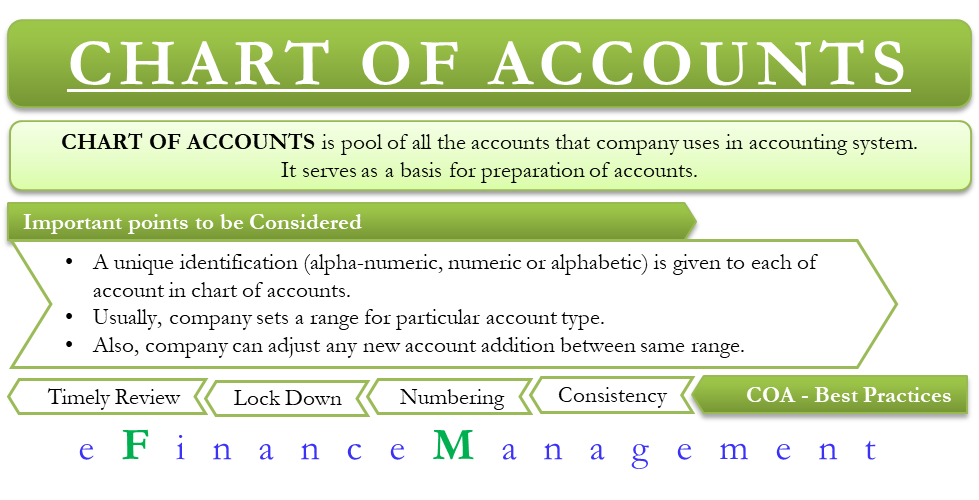
While both bookkeepers and accountants play crucial roles in managing a business’s financial records, their responsibilities and level of expertise often differ. As mentioned earlier, bookkeepers are primarily responsible for maintaining accurate financial records and preparing financial statements. In contrast, accountants typically analyze the financial data, provide strategic financial advice, and ensure compliance with tax laws and regulations.

Their detailed focus extends to invoice management, where they monitor receivables and payables, and maintain rigorous standards in documenting financial activities. By doing so, bookkeepers provide a reliable financial foundation upon which businesses can make informed decisions. A bookkeeper plays a vital role in creating financial statements for businesses. They are responsible for accurately recording all financial transactions, which serve as the foundation for these reports. The primary financial statements include the income statement, balance sheet, and cash flow statement. A bookkeeper’s primary responsibility is to record and maintain financial transactions for an organization, such as accounts receivables, accounts payables, and payrolls.
Ensuring Quality Customer Service
Certifications aren’t necessary to become a bookkeeper but can signal to employers that you have the training and knowledge to meet industry standards. After you have a few years of experience, you can earn the Certified Bookkeeper designation from the American Institute of Professional Bookkeepers by passing a series of exams. According to the US Bureau of Labor Statistics (BLS), the median salary for bookkeepers in the US is $45,860 per year what is the materials usage variance as of 2021 1. You can sometimes choose between full-time and part-time positions, and you may go to work in an office or work from home. At your request, QuickBooks will conduct a full evaluation of your bookkeeper’s work.
Difference Between Bookkeeper and Accountant
These tasks include recording sales and purchases, reconciling bank accounts, managing cash flow, and preparing financial statements. It is important to keep up with these tasks on a daily basis to ensure that your company’s books are accurate and up-to-date. Bookkeeping for small businesses and sole proprietorships involves managing the general ledger and maintaining accurate records of the company’s financial transactions. Bookkeepers for small businesses typically record journal entries, perform bank reconciliations, handle payroll, and generate financial statements for the owner to make informed decisions. In conclusion, bookkeeping is vital in the overall business strategy, from budgeting and forecasting to informing essential strategic decisions. By maintaining accurate financial records, bookkeepers enable managers and business owners to make data-driven decisions that promote growth, manage risk, and improve the financial health of their company.
Fundamental Bookkeeping Responsibilities
There are different types of bookkeeping services available, depending on the time and money investment you want to make. If you’re thinking about hiring a bookkeeper or want to clean up your business books, there are different bookkeeping types that can suit your needs. Bookkeepers work in a variety of settings, depending on the nature and size of the organization they serve. In most cases, bookkeepers work full-time during regular business hours, although part-time and flexible schedules are also common. While your bookkeeper might handle additional duties, these 11 tasks frequently fall under the bookkeeper’s duties.
A bookkeeper must perform precise reconciliations while making certain that the business’s operations are in strict compliance with legal and taxation mandates. The core function of a bookkeeper is to ensure that all bills are paid on time, transactions are recorded correctly, payroll runs on time and taxes are filed correctly. So if you’re looking to hire a bookkeeper, it is essential to create a bookkeeper job description that fills your recruitment funnel with ideal candidates as quickly as possible. Effective bookkeeping hinges on robust communication and strict compliance with legal standards. Ensuring accurate financial reporting and adhering to regulations are paramount for a bookkeeper.
Typically, double-entry bookkeeping uses accrual accounting for liabilities, equities, assets, expenses and revenue. They handle sensitive financial data which, if compromised, could lead to significant consequences for their employer or clients. A bookkeeper must be trustworthy and have stringent ethical standards to protect financial information from unauthorized access or disclosure.
Petty Cash Management
- They generate invoices for goods or services provided by a business and follow up on outstanding payments to maintain steady cash flow.
- Bookkeepers usually need less education and certification than accountants, who often have a degree or professional license.
- Your bookkeeper can do this manually, with your accountant, or using payroll software.
- At Bench, our bookkeepers take pride in providing professional, high quality service for their clients.
Bookkeepers have been around as far back as 2600 BC—when records were tracked with a stylus on slabs of clay—making bookkeeping not the oldest profession, but pretty darn close. Small businesses and sole proprietorships are also required to comply with local legal requirements for bookkeeping, such as filing taxes and maintaining proper recordkeeping practices. Working together, bookkeepers and accountants form a crucial part of a business’s financial infrastructure, ensuring accuracy, compliance, and a strong basis for decision-making. Growth in bookkeeping typically involves accumulating years of straight line method of bond discount experience and potentially advancing towards an accounting role. Some bookkeepers may choose to acquire a formal degree in accounting to broaden their career prospects.
Understanding and accurately performing the full accounting cycle is crucial as they move forward. Bookkeeping responsibilities mandate strict adherence to detail to produce reliable and error-free records, laying the groundwork for accurate financial statements. To make the payments for your accounts payable, you also need to collect payments from your customers, especially reorder point supply chain if you are offering payment terms. Managing both accounts payable and accounts receivable is the most essential of your bookkeeper’s responsibilities. In this section, you will find concise answers to common inquiries about the day-to-day tasks of bookkeepers, revealing their pivotal role in maintaining financial order within businesses. Bookkeepers are responsible for maintaining compliance with legal and financial regulations.
Below is a sample bookkeeper job description that you can customize to meet the needs of your business. Bookkeepers remain acutely aware of all upcoming deadlines and consistently check upcoming deadlines to manage tasks effectively. Keeping an up-to-date record management system allows them to anticipate deadlines and plan accordingly without last-minute rushes.
